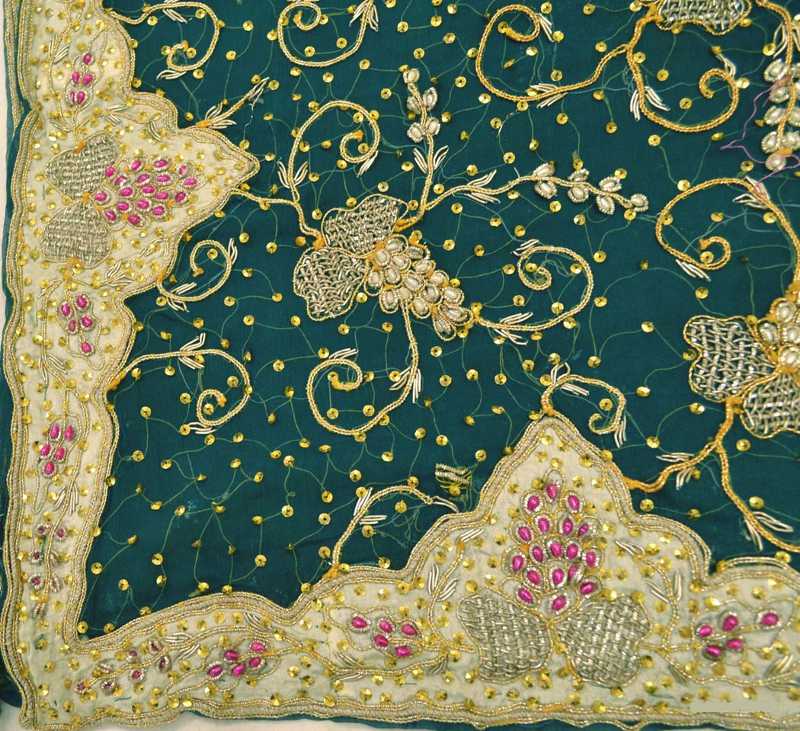===
1663,
1
===

=== |
 |
phirnaa : 'To turn, go round, revolve, whirl; to circulate; to turn back, to return; to walk, walk about, walk to and fro; to wander, rove, ramble, stroll; to travel; to turn over, to roll'. (Platts p.286)
FWP:
I was glad to see that SRF provided the prose order for the second line; in this case it's clearly needed. The line is really quite confusingly disordered. (We could always consider it aashuftah , dizzy, and crazed like the lover himself-- but that would be special pleading, like claiming that a dull novel was really a novel about dullness.)
SRF is convinced that the turning of the potter's wheel is 'useless' and 'fruitless'. But of course, it's really not so: it's the way the potter creates all the pots and vessels that justify his existence. It's only that the speaker himself, a worn-out lover, a burnt-out case, is passive now. He is perhaps used by the heavens the way the potter uses his wheel, as a foundation or substratum for making new and fresh creations. He is, in a wonderfully apposite sense, being 'recycled'.
Or the 'we' could be taken as genuinely plural-- for 'we lovers', or even 'we human beings'.
Note for grammar fans: In the second line, se is of course short for jaise .